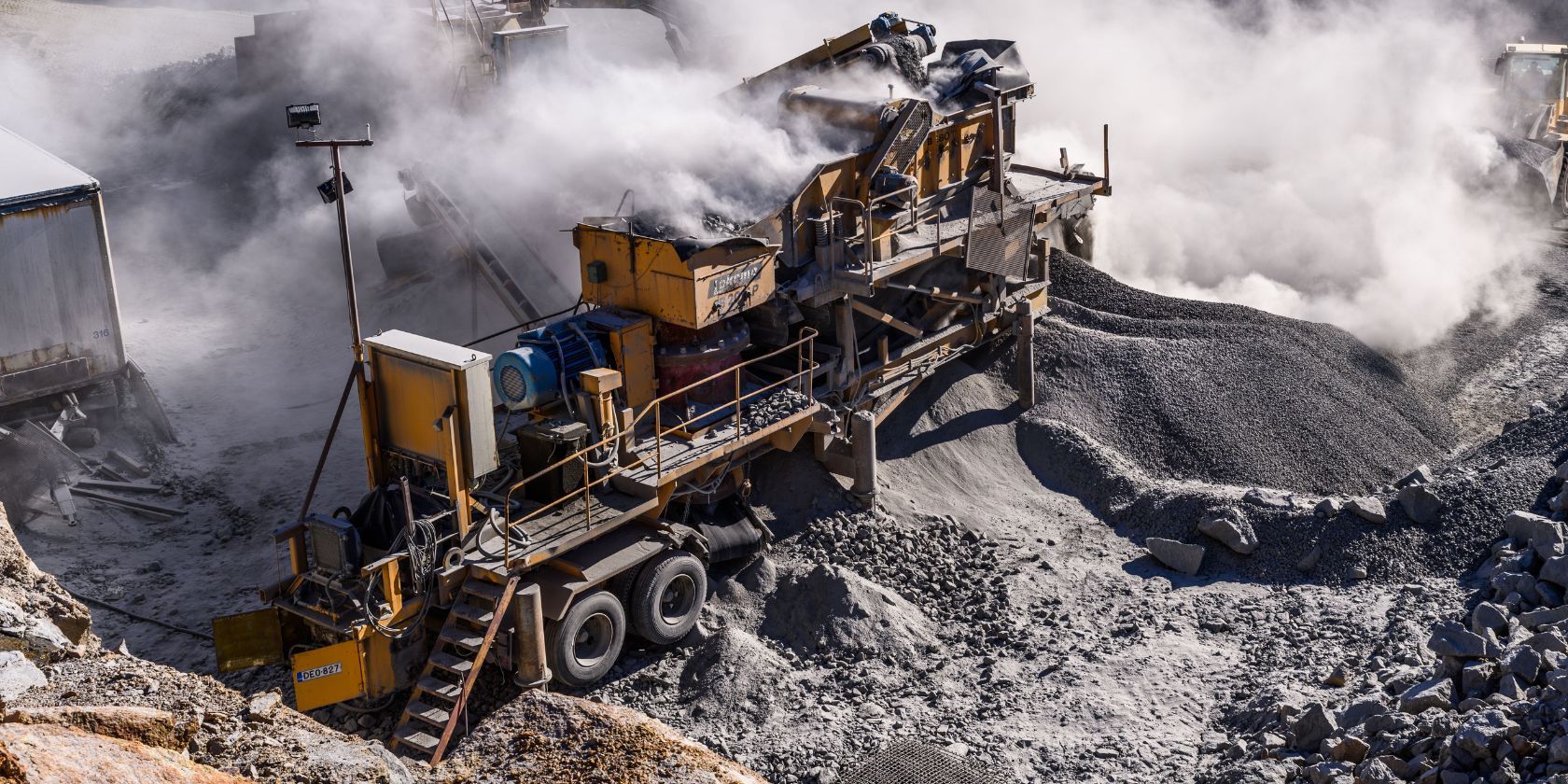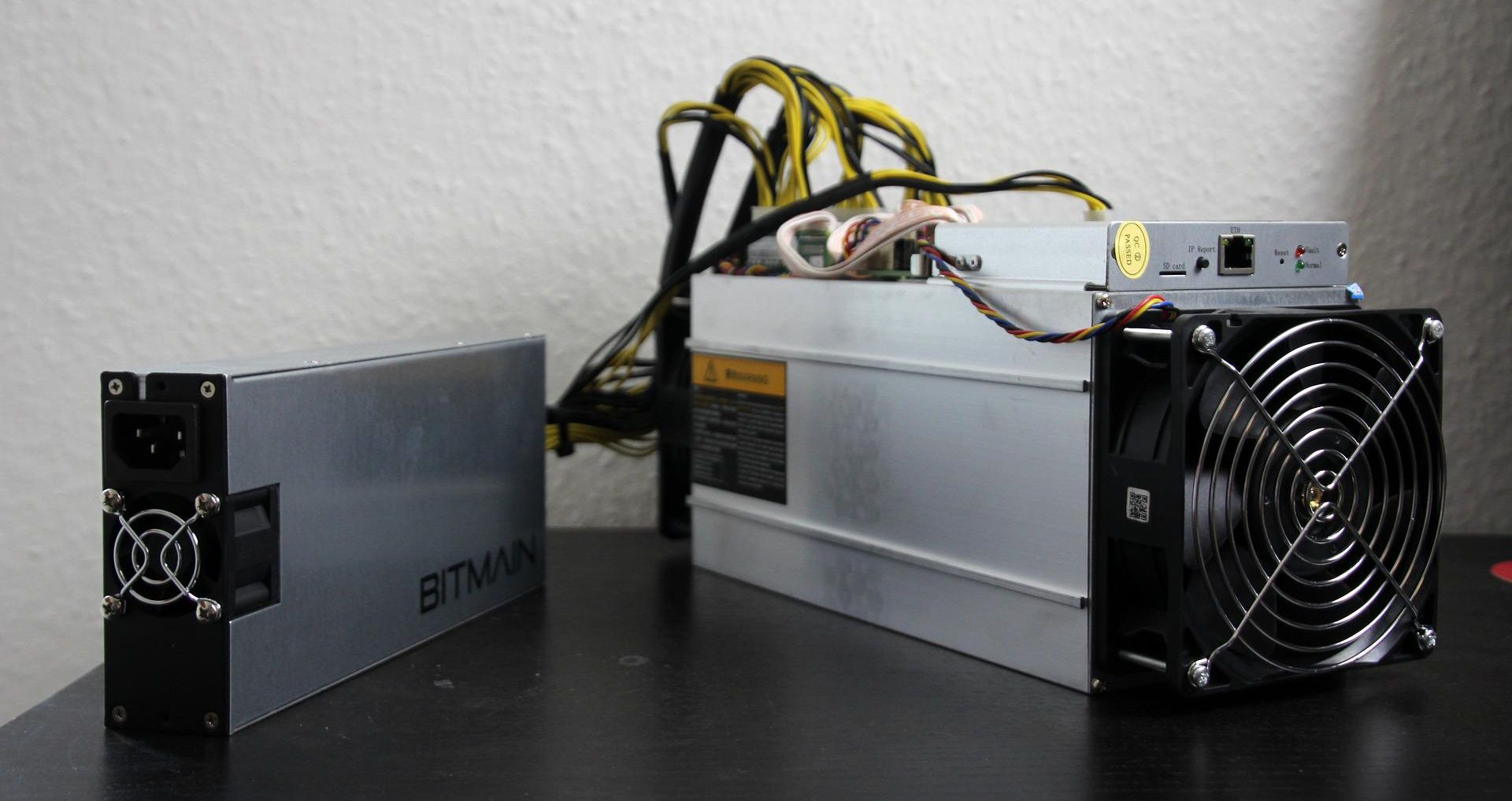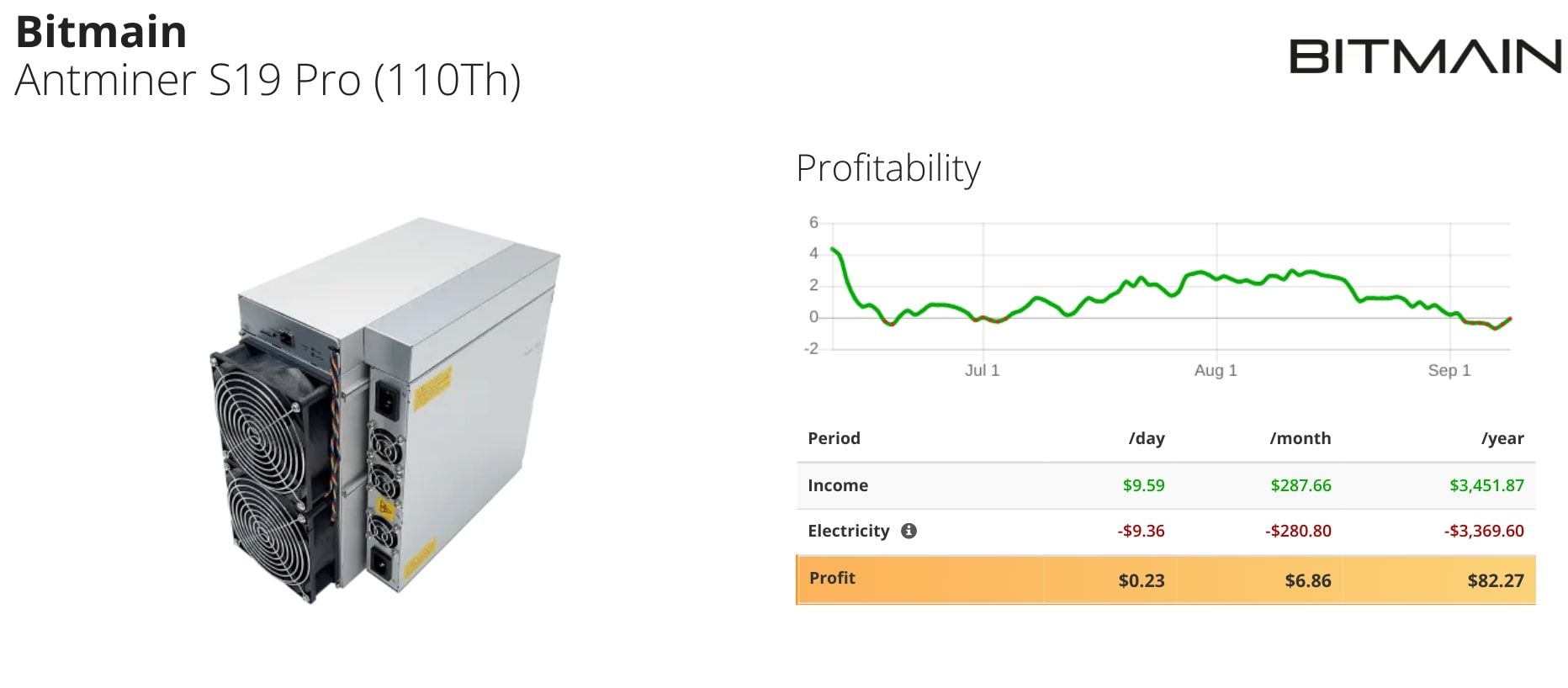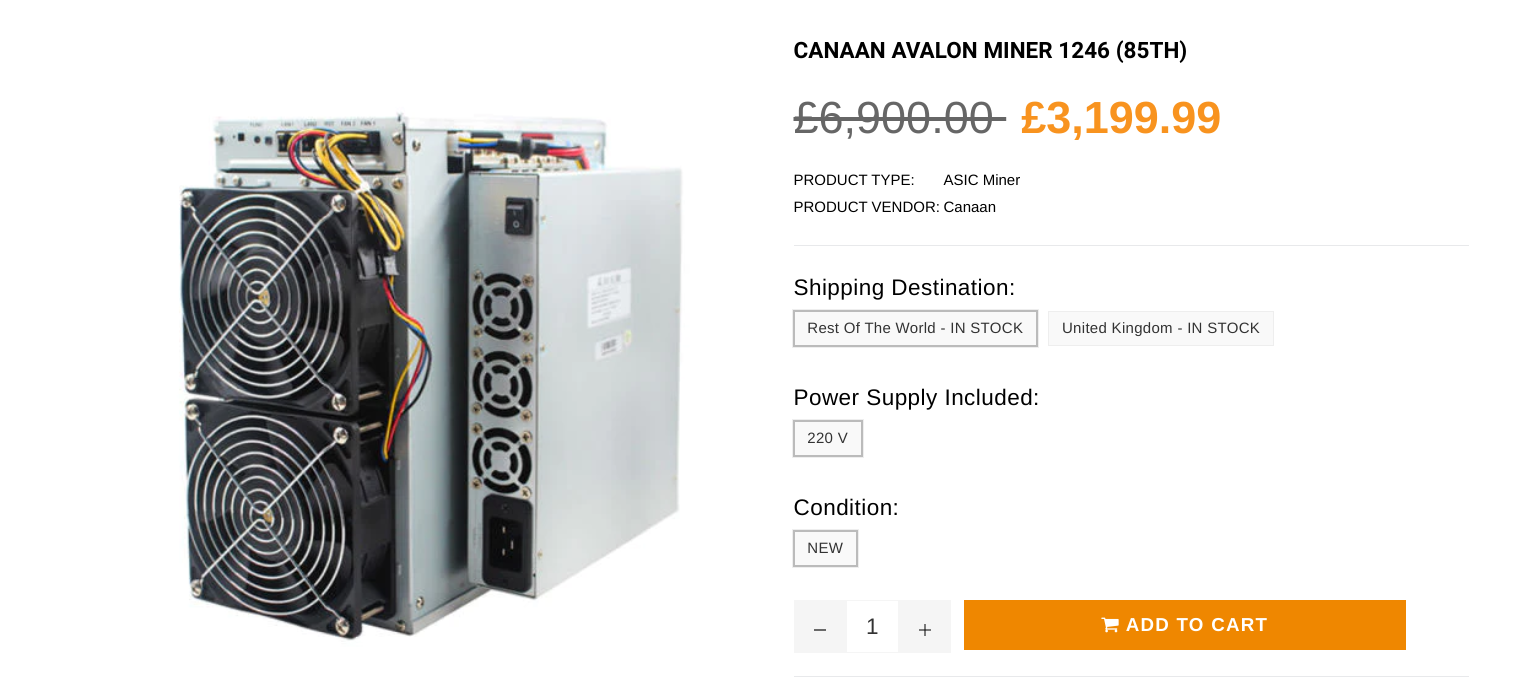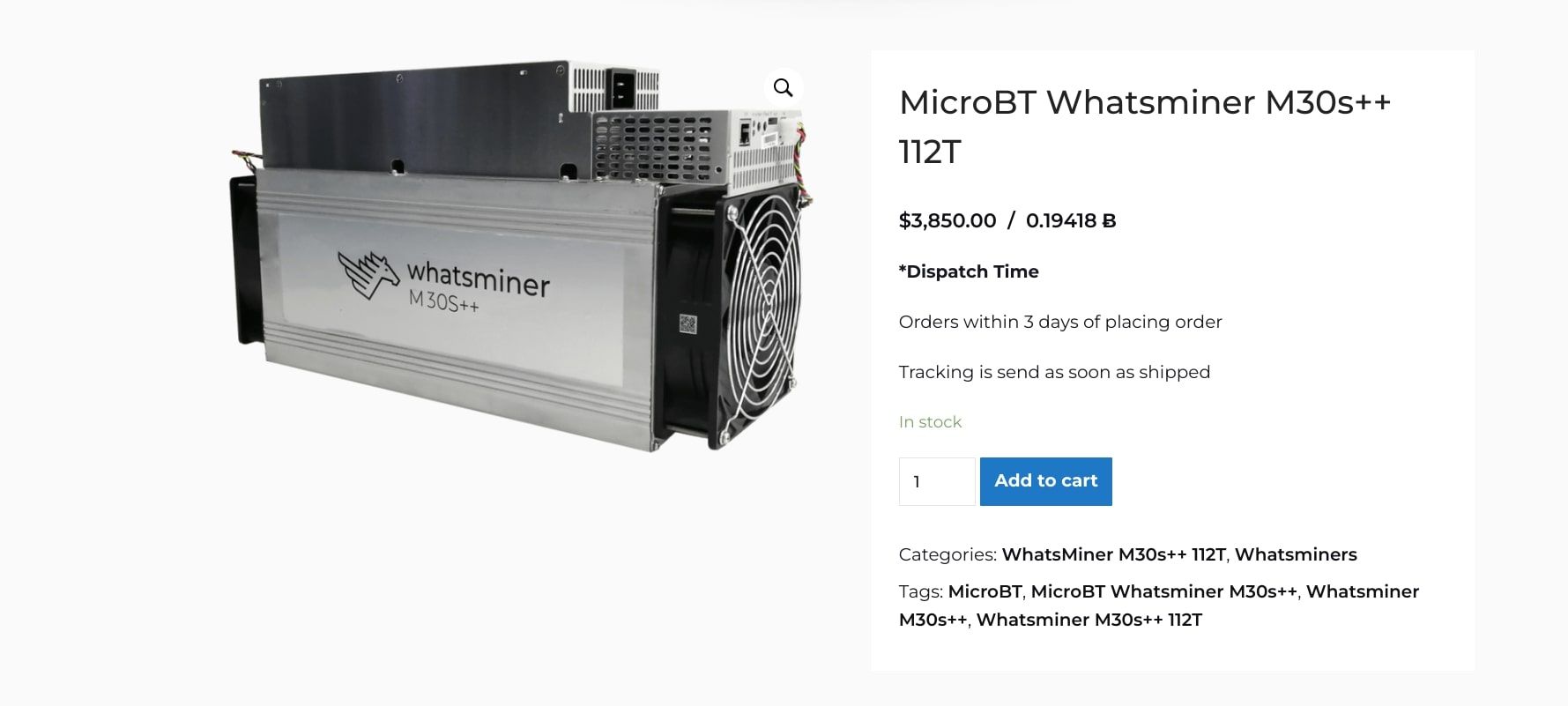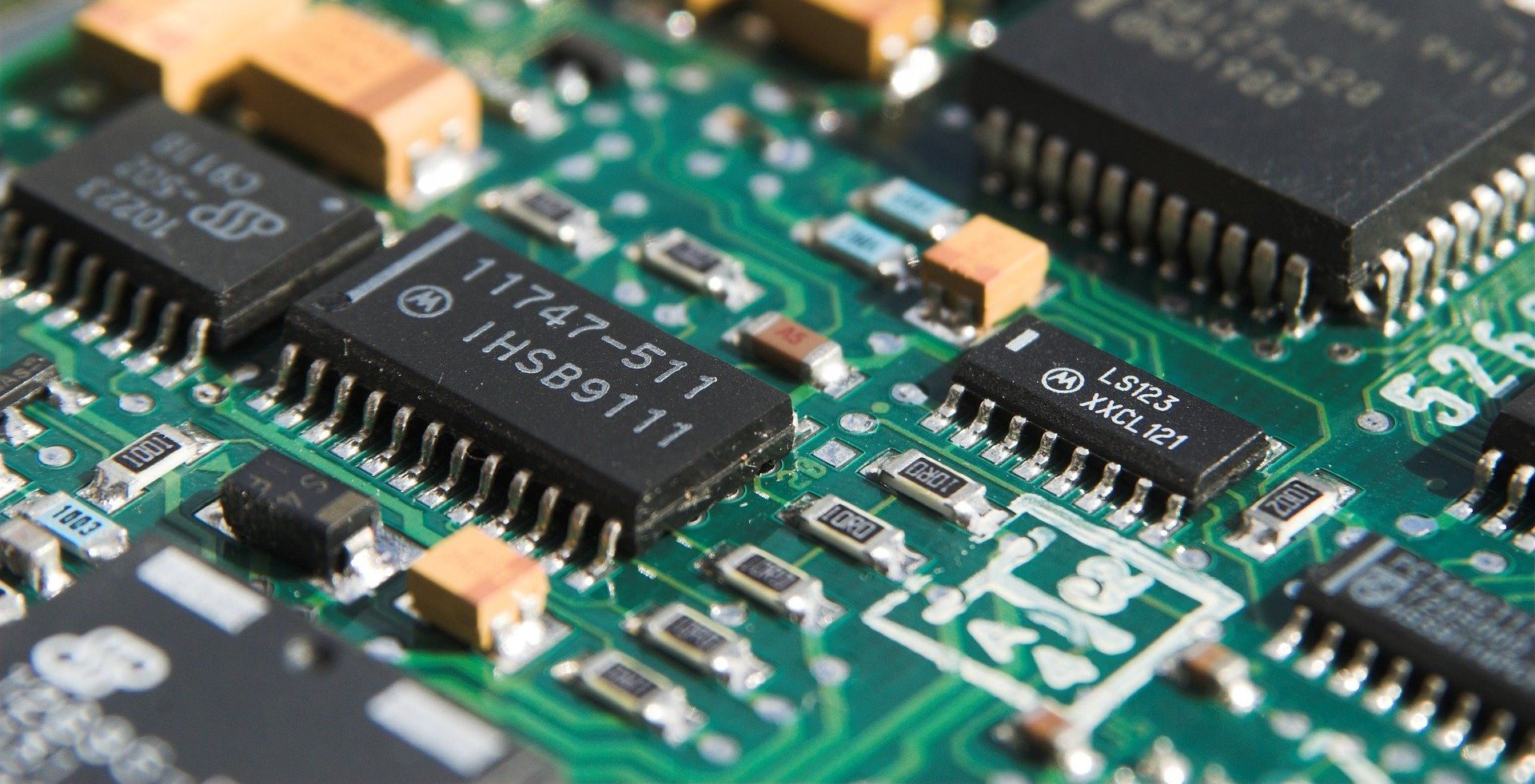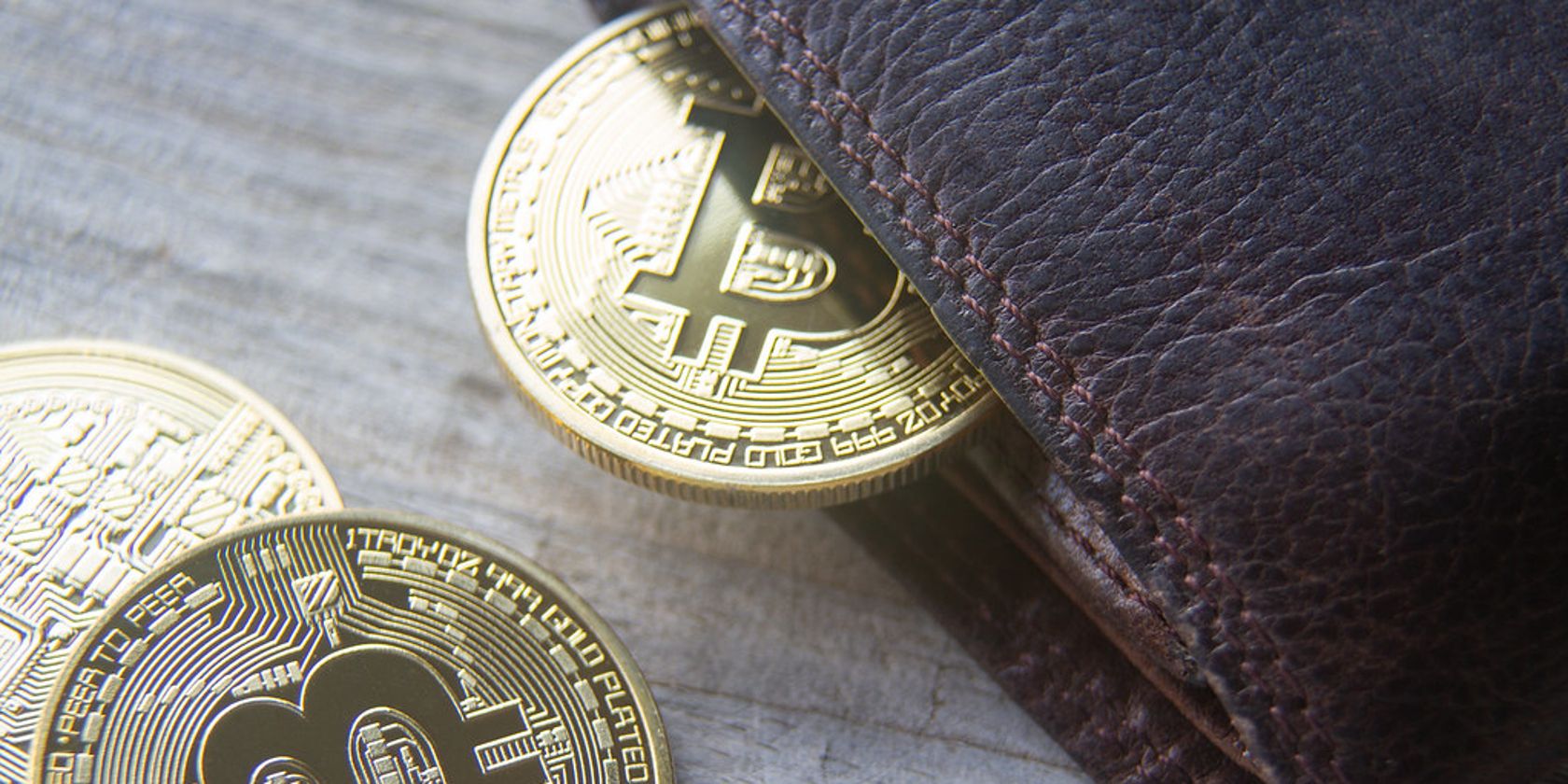Today, the Bitcoin mining industry is massive, with individuals worldwide looking to make a profit in this venture. But Bitcoin mining can't just be done with your laptop or PC. You now need specialized hardware to mine Bitcoin and earn rewards. But what exactly is required for this? What do you need to mine Bitcoin?
A Few Considerations to Make
Before we get into what's needed to mine Bitcoin, there are some things you should keep in mind first.
What some do not realize is that mining Bitcoin can be incredibly expensive. The payoff can be large, there's no doubt there, but initial hardware costs, and the cost of running your machine around the clock, will not be insignificant. In short, you'll need a few thousand dollars spare at minimum to mine Bitcoin. Bitcoin mining hardware prices range into five figures depending on the make and model.
On top of this, Bitcoin mining is very, very competitive nowadays, and there's no guarantee that you'll mine a block and get that coveted 6.25 BTC reward (which halves every four or so years!). Big changes in Bitcoin's price, which are by no means rare, will also affect how much you make.
If spending a huge wad of cash on the mining venture isn't something you want to do, consider trying your hand at ASIC-resistant mining, which can be much more affordable.
Now, let's get into the hardware you'll need to build a Bitcoin mining machine.
1. An ASIC Miner
When Bitcoin mining started, one could simply use a CPU or GPU to mine. But, as the years have gone on and more people have decided to take on the Bitcoin mining venture, competition has become stiff. Because of this, far more powerful hardware is needed to mine Bitcoin successfully. This is where ASIC (application-specific integrated circuit) miners come in.
There are now many ASIC miners on the market. Some are incredibly expensive, while others are more affordable. Choosing the right ASIC miner can be confusing, so we've listed three reputable models below for you to check out.
Antminer S19 Pro
Bitmain is one of the most popular ASIC producers in the game today, with its Antminer range giving thousands of miners the ability to earn Bitcoin. Bitmain's Antminer S19 Pro is a sought-after ASIC miner with a maximum hash rate of 110Th/s. But this miner won't come cheap. Prices for the S19 Pro currently range between $5,000 and $10,000, with some vendors asking for even more. So it's an investment, to say the least.
AVALONminer 1246
Canaan is another well-known ASIC producer, with its AVALONminer 1246 having become a favorite within the industry. The AVALONminer 1246. The AVALONminer 1246 is generally more affordable than Bitmain's S19 Pro, though it will still cost you between $2,000 and $6,000 to grab one.
The price difference here is partly related to the difference in maximum hash rates. While the S19 Pro boasts a maximum rate of 110Th/s, the AVALONminer 1246 has a lower maximum rate of 90 Th/s. But this does not mean that the AVALONminer 1246 isn't a reliable option for you.
WhatsMiner M30S++
The WhatsMiner 30MS++ offers the highest maximum hash rate of the three ASIC miners listed here. Though it is only 2Th/s higher than the S19 Pro, 112Th/s is certainly impressive.
In terms of price, the 30MS++ tends to range between $3,000 and $8,000, though certain retailers may ask for slightly more or less than this. So, it's not the cheapest ASIC miner out there but it is a powerful machine that can optimize your Bitcoin mining venture.
On top of an ASIC miner, you'll need a few other things.
2. A Laptop or Motherboard
It is possible to simply connect your ASIC miner to your laptop, but many choose to hook their ASICs up to a crypto mining motherboard. We've got a dedicated piece on mining motherboards if you'd like to learn more about them, but, in short, they're motherboards with extra PCIe slots and better cooling hardware for a high-intensity function like crypto mining.
However, you can use a regular motherboard with your ASIC miner. Crypto mining motherboards are simply designed for mining, whereas regular motherboards are not. Because you've already got an ASIC, you may want to opt for a regular motherboard to keep costs lower. Specialized motherboards are better for GPU mining.
A cryptocurrency mining motherboard can range from $100 to $200 in price, depending on the product's make, model, and condition. Regular motherboards, on the other hand, can be bought for $60 and up.
You'll also need your laptop or desktop PC to download the relevant mining software and view your mining analytics.
3. A Crypto Wallet
Another vital element of your crypto mining venture is your wallet. Without a wallet, you have nowhere to put the profits you earn from mining. But not all crypto wallets are the same, and some are far better suited for Bitcoin holdings than others. You should also consider whether you want a hot or cold crypto wallet. While hot crypto wallets are virtual and rely on an internet connection to function, cold wallets are physical devices that can store your crypto offline.
Cold wallets are undoubtedly more secure than hot wallets, as they eliminate the possibility of a remote hack via an internet connection. But it's also essential to store your cold wallet safely, so it does not get damaged or stolen.
Some crypto traders opt for hot wallets because they're free to download and use, unlike cold wallets, which can be relatively expensive. Regardless of your choice, ensure your wallet is compatible with Bitcoin above all else.
Exodus and Mycelium are two popular hot wallets that many people use to store their Bitcoin. Exodus is a great wallet for beginners because it's so straightforward. But Mycelium is also a great option and isn't very difficult to use. If you're more interested in cold wallets, check out Ledger and Trezor, the two biggest cold wallet producers on the market.
4. Mining Software
You also need a mining software program to mine Bitcoin. These are often free, so you probably don't need to worry about additional costs here. However, you'll need to ensure that the software you choose is compatible with Bitcoin and ASICs. CGMiner, EasyMiner, and BTC Miner are all solid options for Bitcoin mining, though you may want to do a little research to see which is best suited to your preferences.
Bitcoin Mining Is No Small Feat
Today, it's easy to rack up a large bill when mining Bitcoin. Not only is the hardware pricey, but electricity costs can also be an added inconvenience. There are also no guarantees in this industry, so it's worth considering your mining options overall before jumping to buy any hardware.

